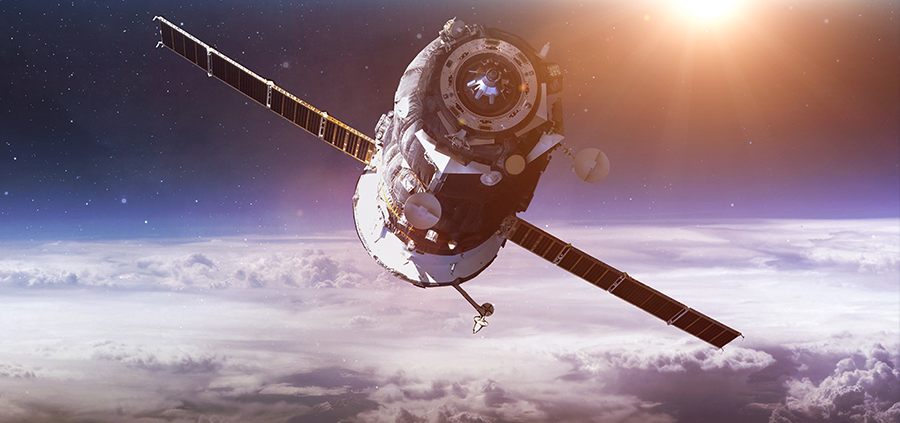 https://www.synyo.com/wp-content/uploads/2016/09/ODM-490x230.png
230
490
SYNYO
https://www.synyo.com/wp-content/uploads/2017/09/synyo-logo.png
SYNYO2016-09-16 14:08:372018-05-16 13:07:50OpenDataMonitor
https://www.synyo.com/wp-content/uploads/2016/09/ODM-490x230.png
230
490
SYNYO
https://www.synyo.com/wp-content/uploads/2017/09/synyo-logo.png
SYNYO2016-09-16 14:08:372018-05-16 13:07:50OpenDataMonitorNEWS

THIS ARTICLE IS PROVIDED BY FutureTDM PROJECT
TDM in the space industry
Where?
European Space Agency Research and Technology Centre.
What are we talking about?
The Mars Express Power Challenge and the role of competitions in developing data analytics.
Who’s talking?
Helen from FutureTDM met with Advanced Concepts Team members Dario Izzo and Jorg Muller. Dario is the ACT Scientific Coordinator. He came up with the idea to hold the Mars Express Power Challenge competition. Jorg is working on its day to day running and the website Kelvins.esa.int on which it is hosted.
What’s this – a data analytics competition?
Yes! This competition is a pilot, the first of its kind at the European Space Agency. Its aim is to predict Mars Express thermal power in the next Martian year. That’s incredibly important to ESA because power efficiency improves the chances of getting more and better mission information.
Hold on, you are telling me that there’s an open competition to mine data fed back from Mars?
Exactly. Selected data (telemetry) from Mars has been made available for anyone – yes anyone – to mine and help come up with a means to prolong the life of the Mars Express mission.
A competition to stimulate interest in data analytics – I like it!
It has proven to be highly effective in the US. At Kaggle.com content miners are presented with problems posed by companies (and others) who make their data available to download and often offer substantial cash prizes. The victors also get to move up on the data analytics ranking system.
But is it really open to all, I mean, it sounds quite high level?
The Advanced Concepts Team at ESA hope that their data analytics initiative will encourage and inspire. Manyof the participants in the Mars Challenge so far are young researchers.
“Making data available and accessible means we can use TDM to catalyse scientific discovery”
So actually competitions can foster an interest in space and computer analytics and develop skills?
That’s the idea. It seems to have been effective in the US and with similar initiatives in the EU, we can show there is an alternative for young data scientists currently looking to the Silicon valley for their professional development.
What’s in it for the space industry?
The team hopes that with competitions like this, the potential of data analytics in this field can be demonstrated and that in Europe, we begin to develop this emerging technology as an integral part of scientific exploration. In the space industry, TDM possibilities are endless – from helping classify millions of star clusters in galaxies light years away to finding meteor impact craters and valuable remnants here on earth.
So why aren’t we doing more? What conditions need to improve if we are to maximise TDM uptake in the EU?
One of the key points is that data needs to be made available in a standard and accessible format, early on in the process. Different missions have different teams and data returns (and no one format to receive telemetry).
What benefits could the competition bring?
It will hopefully demonstrate the usefulness of the process to the space industry as a whole and also help to establish a community. This competition could find a way to increase efficiency of the Mars Express spacecraft, leaving power available for more science for less cost.
For more information visit the competition website at kelvins.esa.int and follow it on twitter via #MarsExpressPower.
To read the full article go to FutureTDM.




